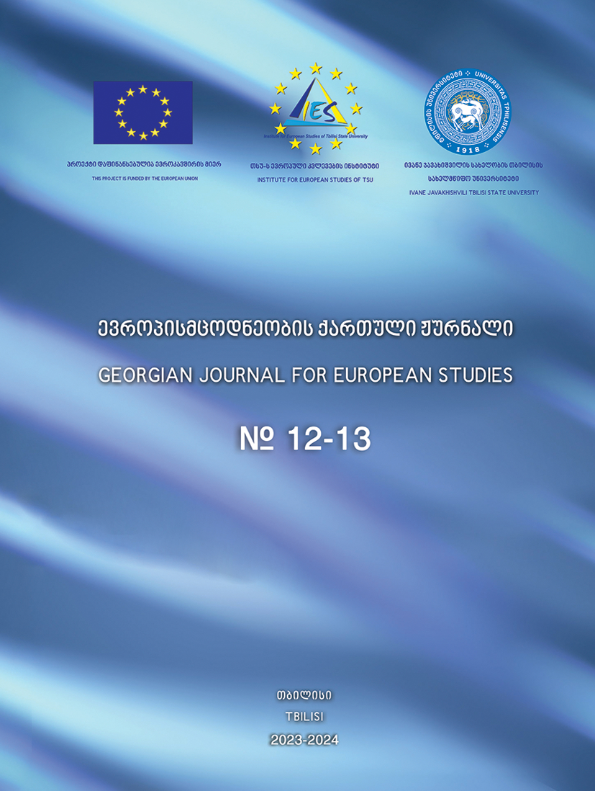Shaping of the EU Foreign Direct Investment Policy and Legal Framework: The Latest Developments
DOI:
https://doi.org/10.52340/gjes.2024.01.01Keywords:
EU, foreign direct investment (FDI), Bilateral Investment Treaty (BIT), Multilateral Invest- ment Court (MIC), GeorgiaAbstract
The Lisbon Treaty provided the European Union (the “EU”) with exclusive competence in the field of foreign direct investment, as part of the EU common commercial policy. Early on, concerns were raised as to the exact scope and consequences of this new EU exclusive competence, including with respect to its effect on existing BITs of the Member States. One other challenge related to transferring the given competence to EU was related to settlement of disputes arising out of the new generation of the BITs, which issue could be resolved either by EU’s potential access to the International Centre for Settlement of Investment Disputes (ICSID) or by introduction of an alternative dispute resolution forum. Since 2015 the European Commission has been working on the establishment of the Multilateral Investment Court (the “MIC”) as a major departure from the system of arbitration-based investor-to-state dispute settlement procedure. As compared to the arbitral tribunals, which are sometimes perceived as insufficiently transparent and predictable, the MIC will offer a higher degree of transparency and consistency in solving investment disputes. A decade after the entry into force of the Treaty of Lisbon, the transfer of direct foreign investment into EU’s exclusive competence seems to be a well-founded and economically justified decision, considering relevant indicia, benefitting all the relevant stakeholders in this field.


